Dream Seasons: What each AL Central team should be hoping for in 2018
With Opening Day around the corner, theScore's Jonah Birenbaum previews each division to get you ready for the 2018 MLB season. Today, he's looking at what constitutes a successful year for each team in the largely non-competitive American League Central.
AL East I AL West | NL East | NL Central | NL West
Cleveland Indians - "Win the whole f------ thing"
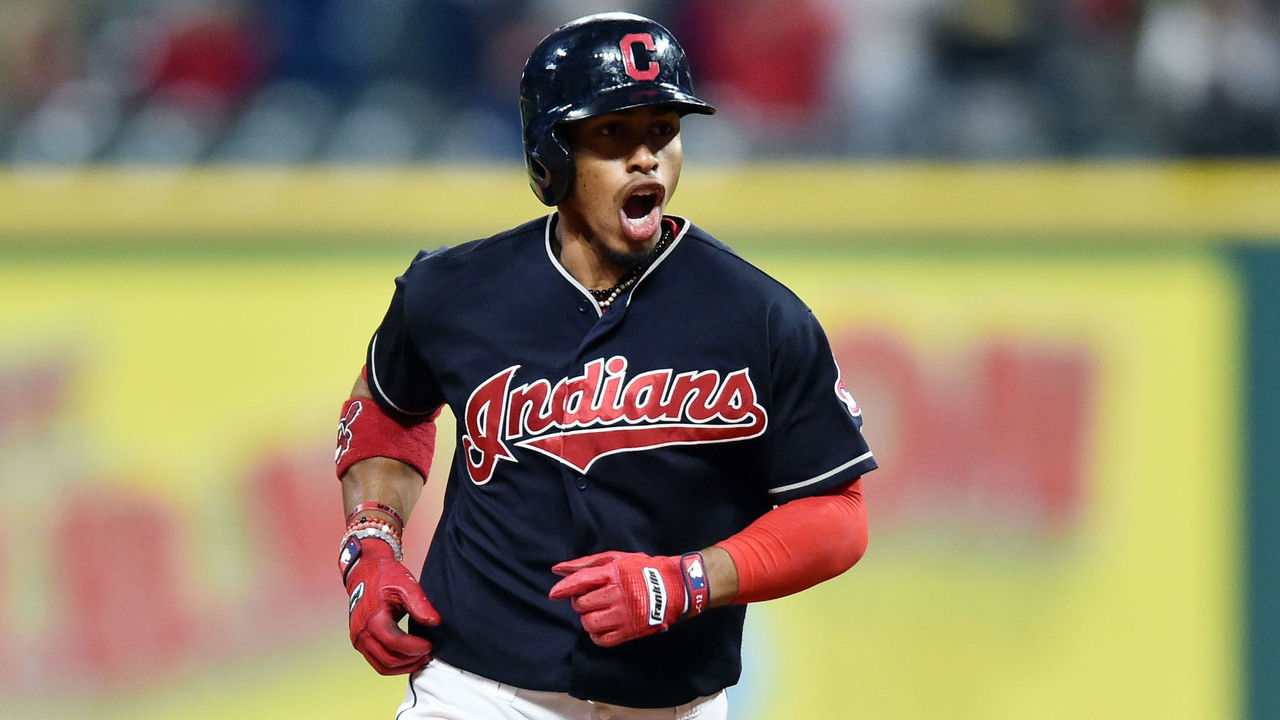
At the outset of spring training, Francisco Lindor refused to characterize his club's 2017 campaign as a successful season "because we didn't finish." It's hard to disagree with him. After falling one win shy of a World Series triumph in 2016, the Indians waltzed to a second straight division title, riding a historically dominant pitching staff to a 102-60 finish and home-field advantage in the American League Division Series only to be ousted by the New York Yankees in five games. Disappointing, to be sure, but it's not like there's somebody to blame for the Indians' early postseason exit, or for their close-but-no-cigar finish the year before; even if they were the majors' best team in 2016 or 2017, after all, the correlation between regular-season dominance and postseason success is tenuous in baseball, as randomness has lots of room to maneuver in a best-of-seven series. Often, in fact, the best team doesn't win.
Still, at this point, there is no solace in a division title. Merely winning the AL Central won't cut it anymore, and a pennant won't suffice either, frankly. They have to win it all. For this group, that's all that remains. In all likelihood, the Indians already squandered their best chance of a championship in their current competitive window - without Carlos Santana and Jay Bruce, both of whom left via free agency this winter, it's hard to imagine Cleveland being better in 2018 than they were the two seasons prior - but they'll still nab a third successive AL Central title relatively effortlessly this year, at least. Come October, they'll be there again; they just have to finish this time.
Minnesota Twins - Deuces wild
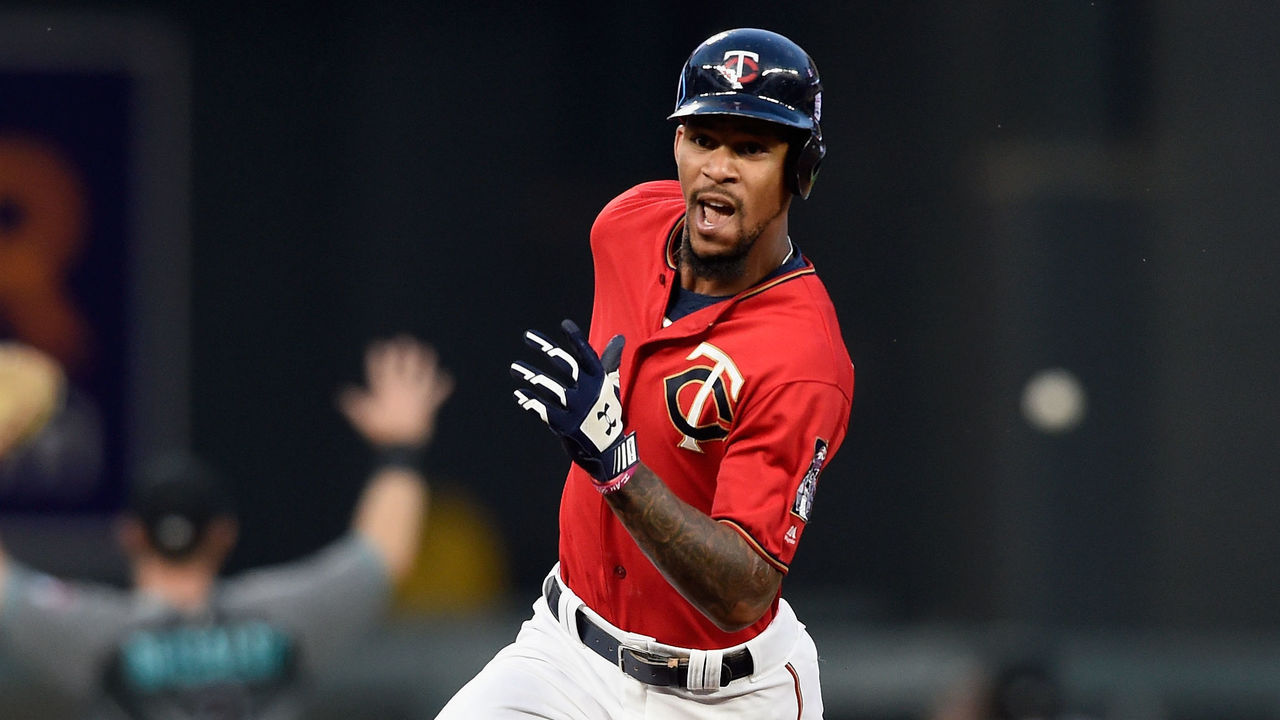
Following a disastrous 59-win season in 2016 that cast a pall over the viability of their rebuild, the Twins were vindicated last year, clawing their way to a wild-card berth on the back of breakout performances from burgeoning stars like Byron Buxton, Eddie Rosario, and Miguel Sano (with considerable contributions from veterans Brian Dozier and Joe Mauer).
And now, based on the offseason they just had, the Twins expect to be a regular contender in 2018 and beyond, having augmented their increasingly impressive core - comprised of the five players mentioned above, plus 25-year-old Max Kepler and newly suspended shortstop Jorge Polanco - with a glut of useful free agents, including Logan Morrison, Lance Lynn, and Addison Reed, as well as Jake Odorrizi, whom they acquired in a trade with Tampa Bay. Anything less than a second straight trip to the wild-card game would surely be a disappointment, then, not only because the Twins are appreciably better, talent-wise, than they were last year, but because the shrinking middle class in the American League has trimmed the list of legitimate wild-card contenders down to four teams, at most.
Chicago White Sox - Baby steps
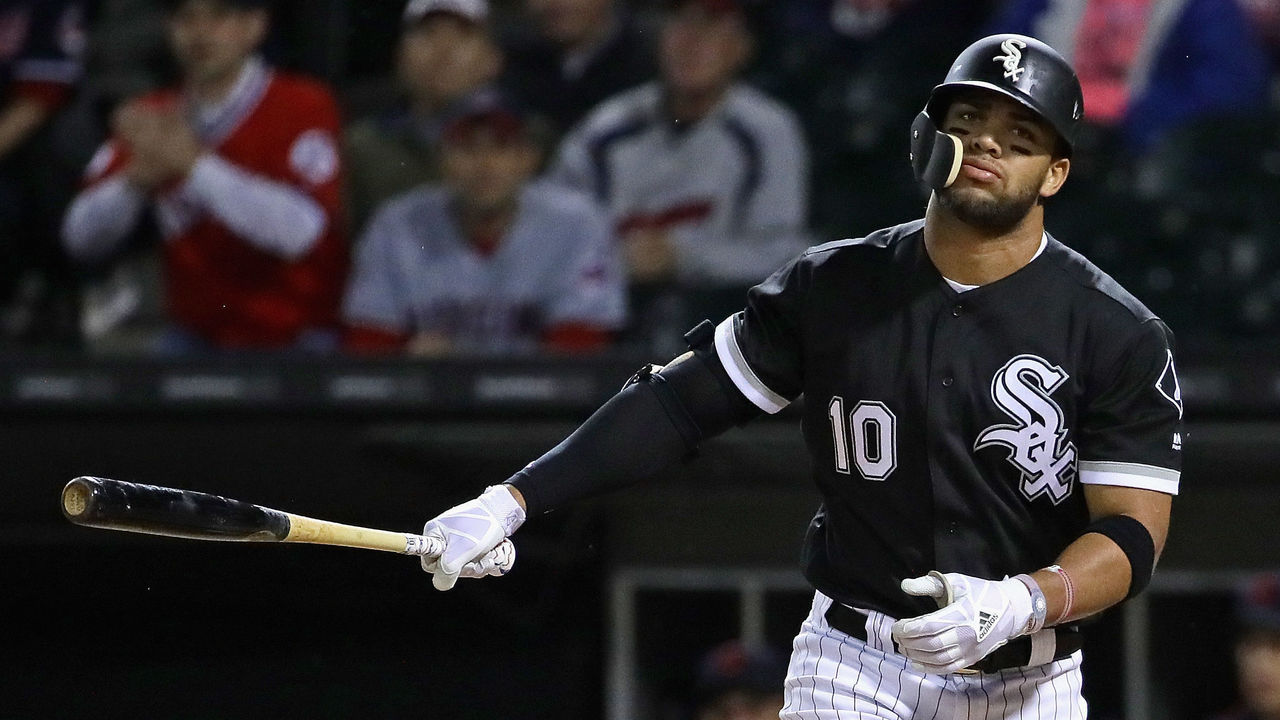
The White Sox aren't ready to compete just yet, but their roster is increasingly upside-laden these days, as highly touted youngsters like Yoan Moncada and Lucas Giolito - both of whom debuted with Chicago late last year - are poised to become everyday contributors in 2018, with the likes of Michael Kopech, Eloy Jimenez, Alec Hansen, and Dylan Cease not far behind. As exciting as it is, however, to see the club's rebuild start to bear fruit, it's important to remember this is still a development year for the White Sox, notwithstanding the fact that certain service-time clocks have started ticking.
Clearly, the White Sox expect to at least be on the fringes of the postseason picture by next summer, having elected not to trade either Avisail Garcia or Jose Abreu this offseason (they'll both be eligible for free agency following the 2019 season), but it was only eight months ago, after all, that the club traded away Jose Quintana, David Robertson, and Tommy Kahnle to further bolster their farm system. Pump the brakes, in other words; the White Sox are firmly in the growing-pains stage of their renaissance. And, with that in mind, a successful 2018 season would see continued growth not only from the shiny, new additions to the big-league club and the soon-to-be studs working their way up the minor-league ladder, but also from the already-established youngsters on Chicago's active roster, like Tim Anderson and Matt Davidson, who took steps backward last year.
Detroit Tigers - Unload Miggy
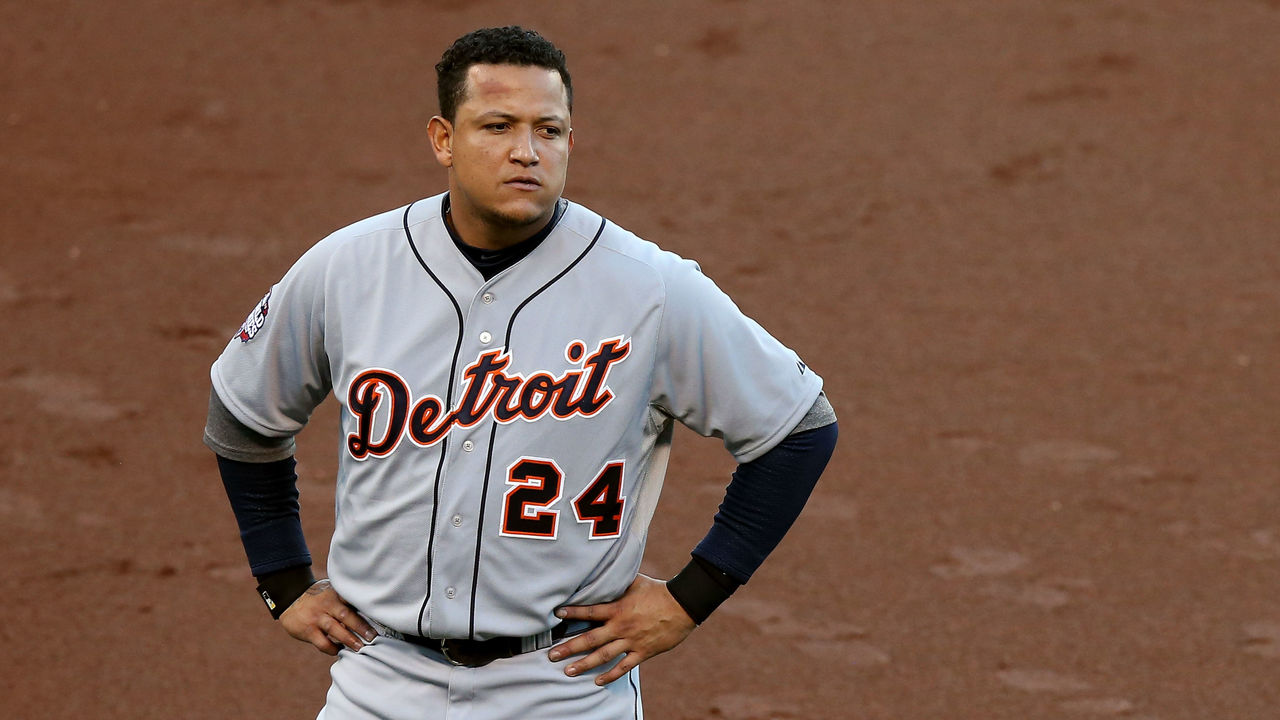
After the venerable-but-increasingly-unplayable Albert Pujols, no player in the majors has a more unmovable contract than Miguel Cabrera, the soon-to-be 35-year-old who put up a .728 OPS in 2017 and still has six years and $184 million left on his deal, not to mention complete no-trade rights. For the Tigers, who ceded halfway through the 2017 campaign and decided to rebuild, that's a huge problem. More than anything, with their competitive window currently closed and their farm system in dire straits, the Tigers desperately need the 11-time All-Star to rebound this season so they can at least try to liquidate him, converting the money still owed into some prospect capital (they don't have any consensus top-50 prospects, and didn't have any position players crack the recent top-100 lists at FanGraphs or Baseball Prospectus).
In the rapidly evolving baseball economy, it should be noted, wherein bat-only players in their mid-30s wield little value, Cabrera's contract looks especially bloated - even if the Tigers eat all the money left on his deal, they won't get a particularly noteworthy return - but they're on the hook for the money, regardless, and there's really no compelling reason to hang onto him. By the time the Tigers are ready to contend again, after all, Cabrera will be dangerously close to 40, with an annual salary that could impede the front office's ability to augment the core of young talent that, ideally, they will have graduated through their minor-league system. Cabrera, for what it's worth, said he played hurt last year, so perhaps restored health in 2018 can help the two-time MVP at least approximate the version of himself that averaged 5.3 WAR per season over the previous decade. If he can, the Tigers should do everything in their power to move him, because merely unburdening themselves from that albatross of a contract will make their 2018 season a success.
Kansas City Royals - Lose
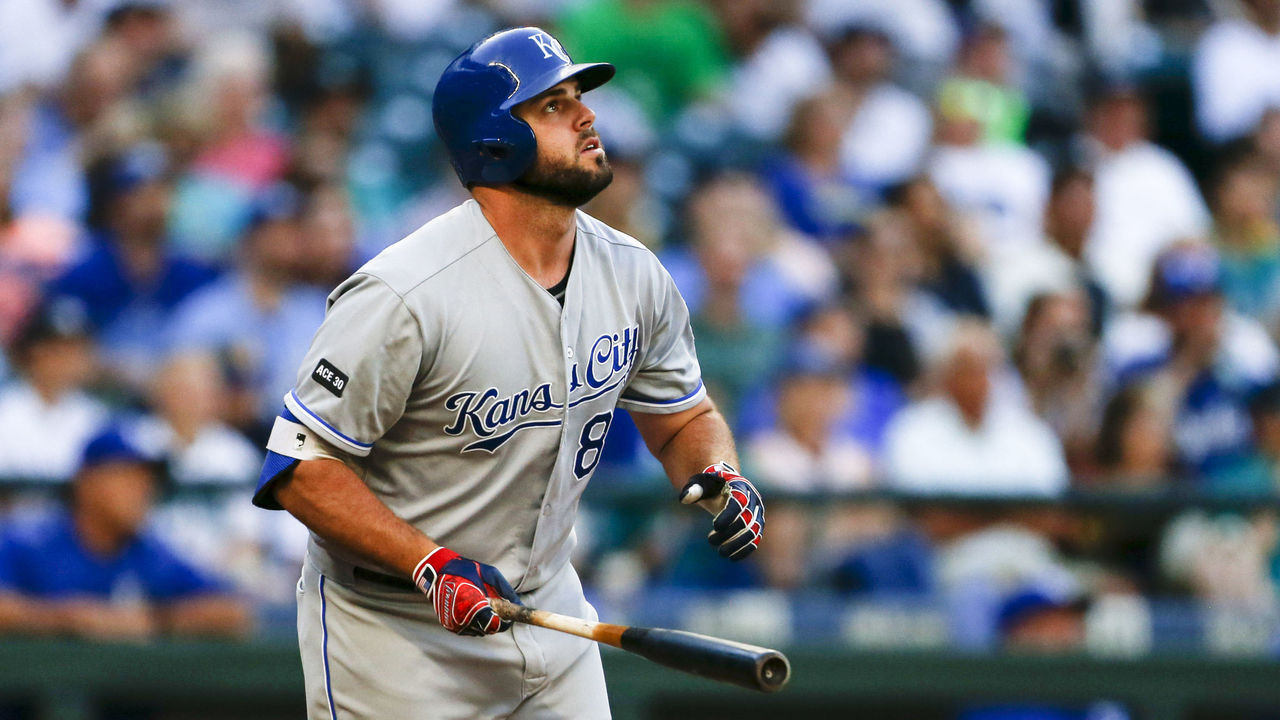
Make no mistake: the Royals didn't re-sign Mike Moustakas because they hope to be competitive in 2018. They brought him back so they can swap him for a prospect or two at the trade deadline, and same goes for newcomers Lucas Duda and Jon Jay. They're investing in their future, in other words, and it makes sense, because their present is ... yeesh.
Ravaged by the losses of Eric Hosmer, Lorenzo Cain, and Jason Vargas to free agency, the denuded Royals may well be the worst team in the American League in 2018, and with their farm system floundering, too - their prospect reserve was gutted over the past few seasons to help bolster the big-league club - the best thing Kansas City can do this season is lose. A lot. The compensatory draft picks they'll receive for losing Hosmer and Cain will help expedite the process of revitalizing their farm system, but a last-place finish in 2018 - and the resulting first overall pick in the 2019 draft - would be a massive boon for a club without a single prospect on MLB.com's Top 100 list. And, in the meantime, if they can get something of value at the trade deadline for any of the aforementioned one-year placeholders - who cost the Royals a grand total of $13 million, mind you, considerably less than the value of the qualifying offer they gave Moustakas in November - that's gravy.